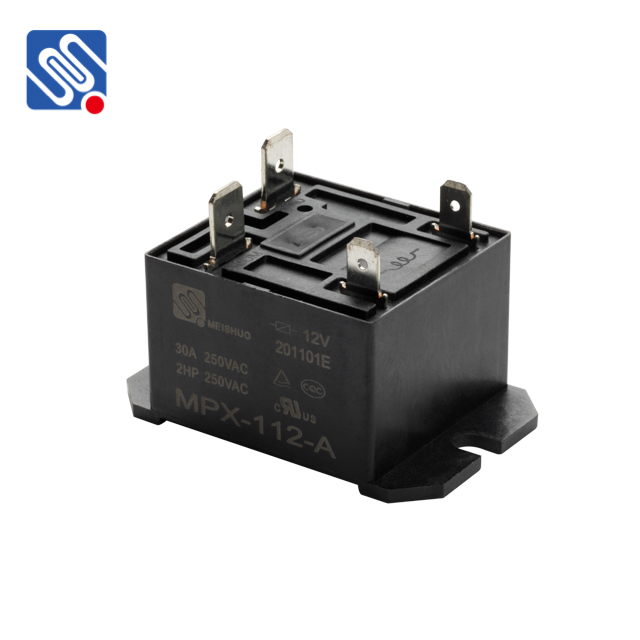Relays are critical components in a wide range of electrical and electronic systems, providing a means to control the flow of electrical current. These devices act as electrically operated switches, allowing for the control of large currents with smaller control signals. As relays are used in sensitive and critical applications, such as automation, power systems, telecommunications, and industrial control, it is essential that they meet industry standards. Relay industry standards ensure the safety, reliability, and performance of these devices, providing confidence in their functionality and preventing potential system failures. This article explores the key relay industry standards and their importance in various sectors.

Key Relay Industry Standards The relay industry is governed by several international and national standards, each designed to ensure the proper functioning of relays across different applications. Some of the most prominent standards include: 1. IEC 61810 (International Electrotechnical Commission) IEC 61810 is the primary international standard for electromechanical relays. It outlines requirements for the mechanical and electrical performance of relays, including their durability, reliability, and resistance to environmental factors. This standard covers various relay types, such as general-purpose, miniature, and industrial relays, ensuring that they can withstand the stresses of different operating conditions.